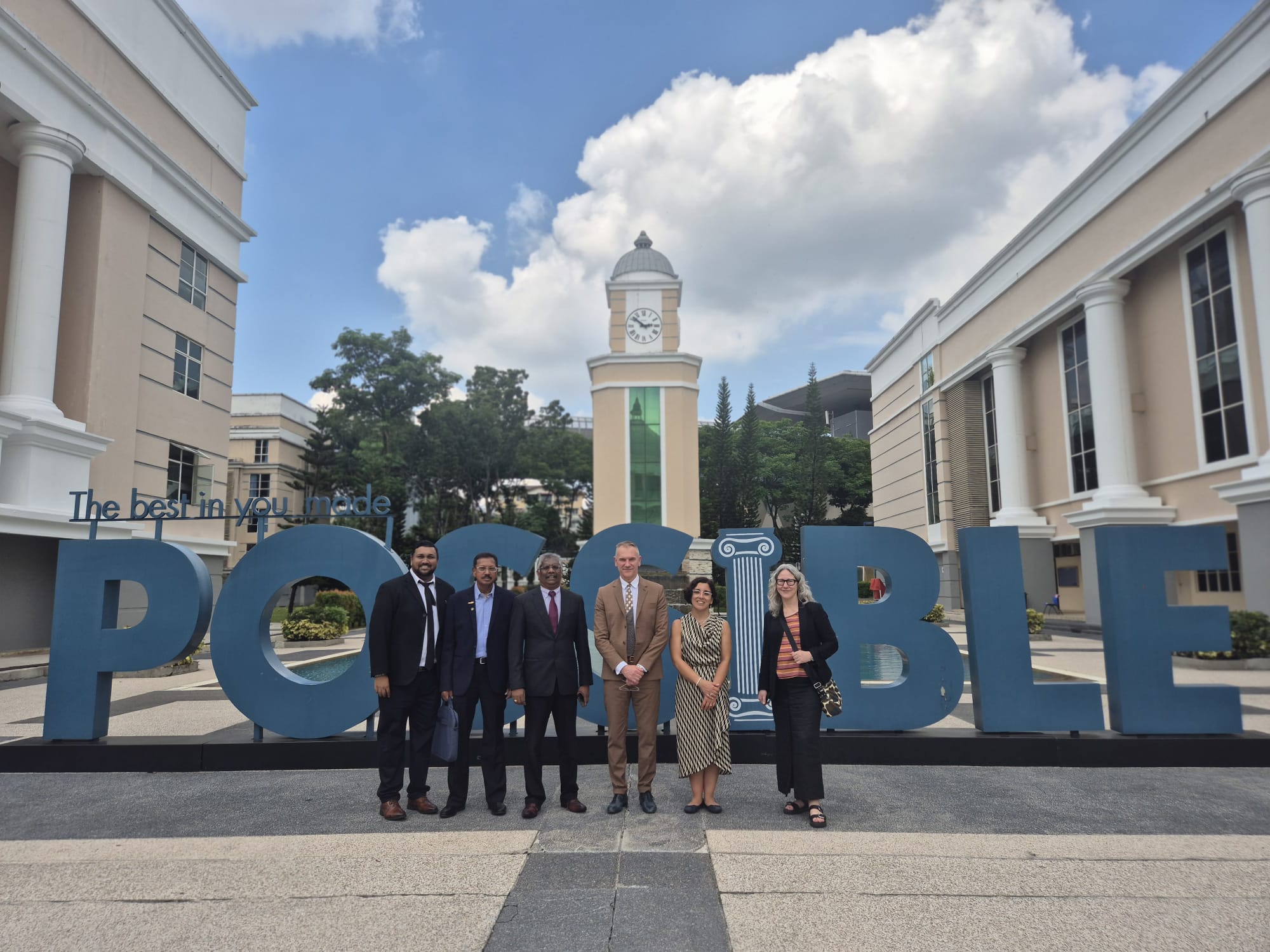Colder climates impact firefighters’ cognitive and physical abilities, research finds


Decision making ability, memory, response times and dexterity all saw a significant drop in cold temperatures, according to University of Chichester research on firefighter search and rescue performance.
Marcus Peach (MSc Sport & Exercise Psychology and PhD student) and Kamran Ewbank (MSc Sport & Exercise Physiology) tested the physical and cognitive abilities of participants completing simulated search and rescue tasks at minus 10 °C in the University’s environmental chamber, comparing it to a ‘normal’ 5 °C temperature.
At minus 10°C, researchers found that cold exposure impaired visual decision-making and spatial memory, and response times slowed by 9%. Spatial recall and working memory declined by 35%.
Participants also reported 14% higher mental effort and 23% higher mental workload in the cold, despite consistent physiological markers like heart rate and core temperature.
And fine-motor performance deteriorated as grip strength fell by 12%, and tool dexterity worsened by 15%. Gross-motor tasks, such as dragging a casualty, remained unaffected.
The reason behind the research is that search and rescue tasks can often be conducted in cold climates. There is plenty of research on firefighter performance in hot conditions, but very little looking at colder conditions.
Marcus said: “The project has highlighted several key challenges participants face from a cognitive performance and efficiency perspective, this topic would benefit from more research given the potential for consequences if cognitive performance is below optimal.
“I’m hoping this interdisciplinary project will encourage other academics to explore the interplay between systems, creating a holistic human factors view of search and rescue and other occupations.”
Kamran added: “This project has helped create a more comprehensive picture of Urban Search and Rescue in the cold by combining cognitive, operational, and physiological measures.”
The research took place in the University’s environmental chamber, which allows researchers to adapt the temperature and altitude in controlled conditions – with the ‘heat’ element often used by athletes training for desert marathons.
The tasks participants did in the environment chamber were designed to replicate what search and rescue operatives may experience in the real world. For example, a memory exercise involved studying a map and being asked to recall information on it later. A physical test included pulling a 55kg bag – similar to the weight of a casualty moved by a pair of firefighters during unaided rescue.
The pair made the following conclusions from their study:
- Cognitive efficiency may decline before performance visibly drops, posing hidden risks during time-critical operations.
- Leadership roles, requiring information encoding and recall, may be especially vulnerable under cold stress.
- Rescues in diminished visibility or confined spaces may suffer due to reduced spatial working memory.
- Dexterity-reliant tasks should be sequenced earlier in missions or conducted in sheltered environments.
- Cold and cool conditions may present thermoregulatory challenges due to metabolic heat production and insulative PPE combined with physically demanding tasks.
- Perceptual monitoring tools (e.g. thermal comfort, mental effort scales) should complement physiological metrics in deployment planning.
Dr Andy West (Senior Lecturer in Sport and Exercise Physiology), Professor Sam Blacker (Professor of Exercise Physiology and Nutrition) and Dr Jenny Smith (Reader in Performance Psychology) supervised the project as part of the Occupational Performance Research Group (OPRG). The OPRG specialises in delivering multi-disciplinary research and consultancy to enhance the selection, performance, protection and health of personnel working within physically demanding occupations.
To find out more, visit: www.chi.ac.uk/research/centres/centre-for-health-and-allied-sport-and-exercise-science-research-chaser/occupational-performance/





